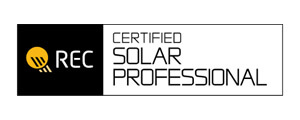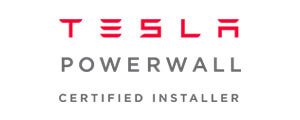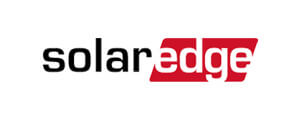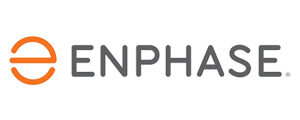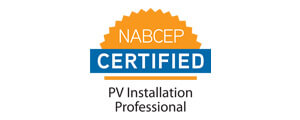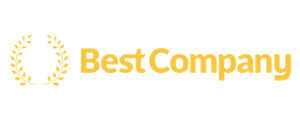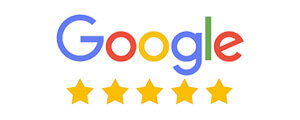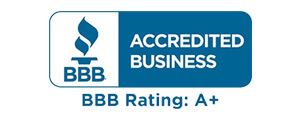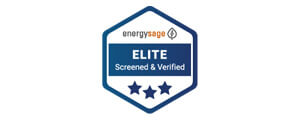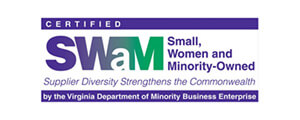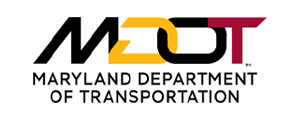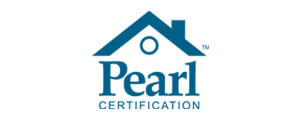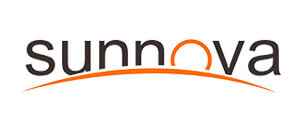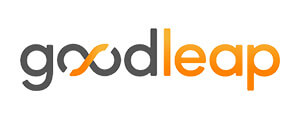With a majority of our personal lives now virtual, we are rushing headfirst into a digital world order. For many, embracing digital tools happened a long time ago. For the rest who were hesitating until now, 2020 forced the switch to digital on them. While virtual platforms have certainly made it easier to live with a pandemic, we still need to be wary of menacing elements lurking in cyberspace – now more than ever.
The big deal about data
The biggest threat to living digitally is identity and data theft. Data may be of little value to the average user, but the data of masses of users put together is of immense value to big businesses. “The world’s most valuable resource is no longer oil, but data,” stated The Economist in 2017.
With all eyes on data and our growing dependence on digital tools, safeguarding data has become as important as locking one’s house or keeping valuables in a locker.
You may be wondering how any of this related to solar. By now, businesses across sectors use state-of-the-art digital technology to store and analyze consumer data in a bid to improve their products and services. The solar industry is no stranger to this either. Existing and potential solar energy users should watch out for a number of data threats.
According to a Statista report, the US recorded 1,473 data breaches with over 164 million sensitive records exposed in 2019. Therefore, before forwarding our data, we need to ensure that the receiving entities handle it securely and do not leak it out – unwittingly or otherwise. This is one of the first and most crucial data hygiene habits to adopt.
Data threats to watch out for
Phishing is one of the most common ways to exploit personal data. In the US, one-third of all cybersecurity breaches in 2019 involved phishing, according to Security Intelligence.
To avoid falling victim to phishing, be wary of deceptive online communication such as ads and emails. Attackers often succeed in posing as legitimate companies by using genuine-sounding names like ‘Virginia Solar Corporation’.
When such communication claims to offer attractive benefits like ‘huge discounts on solar’ or ‘free solar’ that seem too good to be true, it’s usually a good red flag. Most often, users unknowingly click these links and end up sharing their personal details.
While you may never enjoy the offer or discount you registered for, your details serve as data for the attackers. They go on to illegally sell it to solar companies who then tend to spam potential customers with incessant calls, texts, snail mail or emails.
Worse still, an attacker may simply use your data to steal from you. Never share your card or banking details with strangers or online services you don’t trust.
Is it a data-responsible business?
User data also becomes vulnerable when they transact with a business that handles its customer data poorly or has installed an inadequate information security system. Businesses that lack a robust information security system are more vulnerable to a cyberattack which results in their customer data getting leaked or exposed. Also a business may be keeping your data secure but it may still not be private. They may share it with third parties. Always read the fine print carefully to see if there is any clause about your data being exposed to other entities.
Therefore, it’s a good habit to consider data privacy and security as an important factor before choosing any service provider. Make sure you buy from businesses that promise watertight data security and are committed to customer data privacy. It also serves as a sign that the business takes the data of their consumers seriously.
Here’s a list of best practices to eliminate all data security loopholes:
For customers:
- Do not trust ads with unbelievable promises like ‘free solar’ or ‘100% discount’
- Do not share your private information with unknown entities over a phone call or email, even if it looks official
- Do not download or click on anything received from an unknown and unexpected source
Before buying from a business, make sure:
- The business follows all the required data security guidelines and uses the latest tools and technology to protect customer data
- It follows responsible data use and storage practices
- It has a data security policy
- It trains employees on best practices for handling customer data
At GreenBrilliance, we employ a robust data security infrastructure to ensure our customers’ sensitive information remains secure and private. Here’s why you don’t need to worry about your data when doing business with us:
- All customer information is cloud encrypted.
- Contracts are protected with DocuSign.
- All digital data is stored and used securely. It cannot be produced physically and is not shared with any other entity.
- Only a limited number of employees have access to customer data on a need-to-know basis.
- We do not share data with any external parties.
- Customers can self-access their data safely using an ID and password.
For GreenBrilliance, keeping customer data safe is not a one-time activity. It’s a continued commitment to invest in state-of-the-art systems, employee training and superior vigilance.
Your data security and privacy is our priority.








